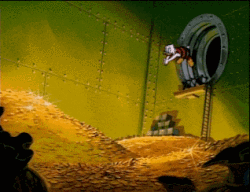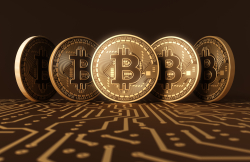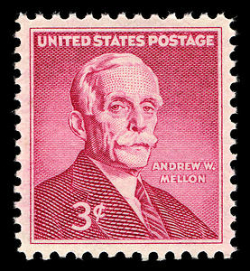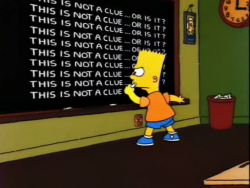
Too much cash.
A healthy economy has a balance of good investment ideas on the one hand, and cash seeking investment on the other hand, along with enough demand to soak up new supplies resulting from that investment. Right now, there’s just too much cash sitting around. And the Republican Party, which should know better, is anxious to create tons more with a tax “reform” bill which, its advocates say, will take trillions of dollars of demand out of the economy and put trillions of dollars into the hands of investors.
This is supposed to boost the recovery. Uh, no.
It’s easy to see how we have too much cash. Google parent Alphabet, for instance, has $100 billion of cash on its books, and Apple has $250 billion. Advocates of a tax cut insist that allowing repatriation of these funds, when held offshore, will deliver cash to investors, who will then invest it.
There’s no assurance of that. Why assume investors will find places for excess cash when the geniuses at Google can’t?

But $100 billion? Google spent $14 billion on research and development last year. Its present cash hoard would let it keep spending at that rate for almost 7 years, just on its cash, assuming not one thin dime comes back in the meantime. AT&T, by the way, spent $25 billion on research and capital expenditures last year. Google could write four years of those checks.
Here is another symptom of too much cash. Bitcoin. As this was written the total cryptocurrency market was worth $221 billion. That’s about $30 billion less than the cash Apple is sitting on. And it’s being “invested” in encryption keys, which don’t exist outside a computer.

Here is another symptom of too much cash. Unicorns. CBI Insights says there are 216 “unicorns,” privately funded tech companies with a market cap of over $1 billion each, worth a total of $754 billion. These are illiquid investments. They’re private because investors don’t want to cash out in the public market.
Everywhere you look, the price of assets is going up. Gold, real estate, baseball cards, art. The material hasn’t changed, only the value has. Because there’s so much cash sitting around.
Yet the Administration wants to add to this cash pile while removing cash from consumer pockets, cash that could be used to make new investments worthwhile. CEOs are not going to invest more money just because they have some. They’re going to invest more when they can see a return.
There is an even bigger supply of cash building up, one that’s even more dangerous to the economy and the people holding it.
My cash.

One of the most important essays I have written on this blog is the Secret of Aladdin’s Cave, published in 2013. It’s a simple thought experiment proving that money which isn’t being invested doesn’t exist, and that money itself is a verb, not a noun.
Consider. You’re Aladdin. You find the thieves’ cave of riches. You come back with all that gold, and all those jewels, to your home town. What happens to the value of gold and jewels in the market?
They fall. In fact, they crash. When the supply of anything increases, its price goes down, unless there is equivalent demand to meet it. We’ve seen this throughout the economy.

For corn, read technology. Technology is naturally deflationary. The costs to do anything keep going down, and demand isn’t rising to compensate. Remember, Google is free. We can’t drop the price any further.
What the U.S. economy needs right now, desperately, is new demand, and new investment. We are doing the precise opposite.
This is where the next crash will come from. This is how the next recession begins.










